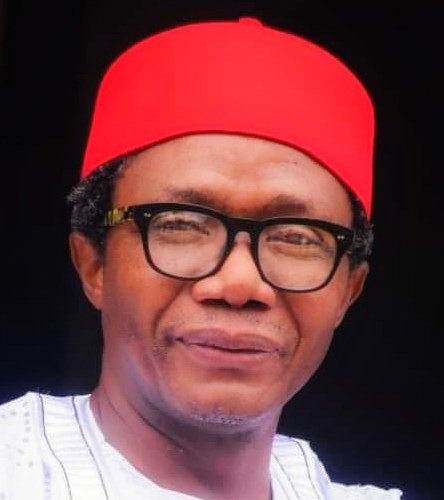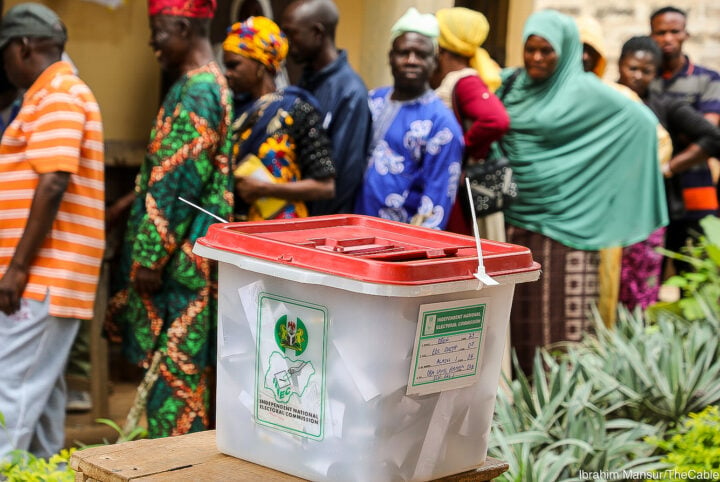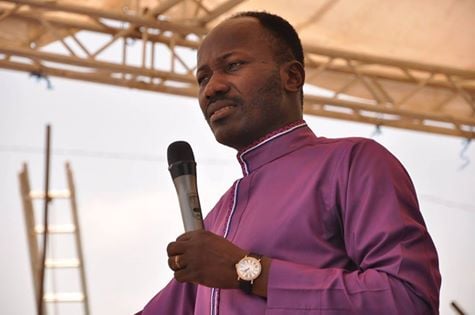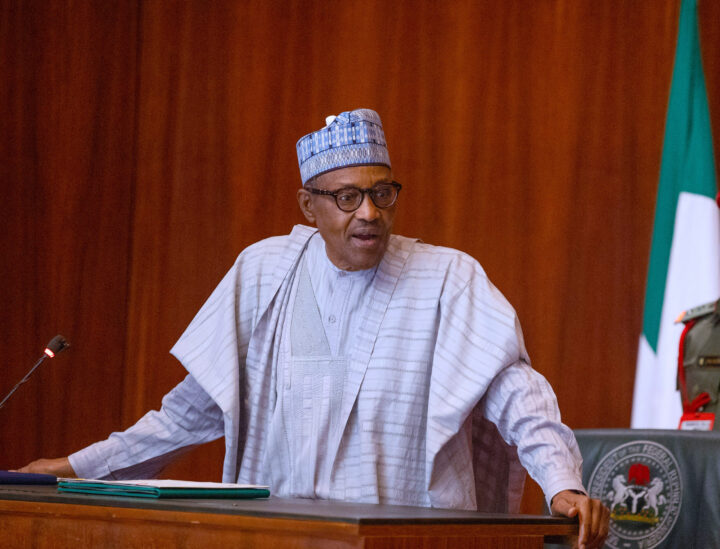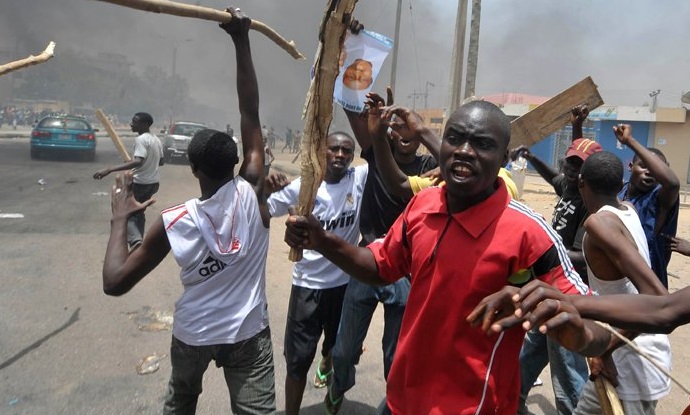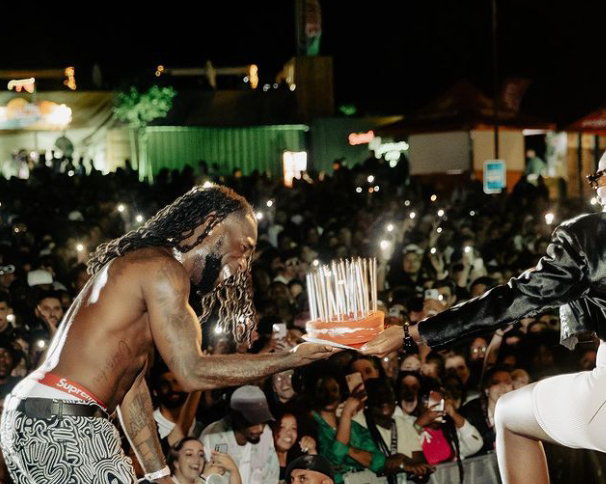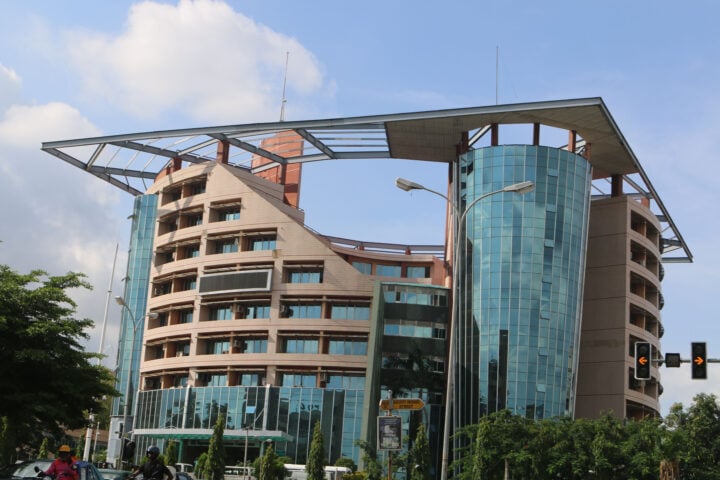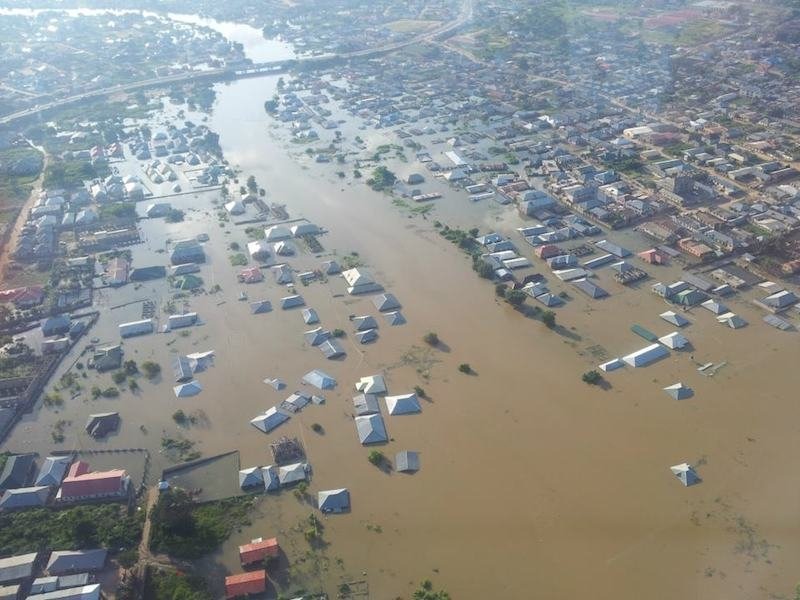Nigeria’s problems are essentially civilisational. Contrary to permutations that the 2023 presidential election will be significantly different from the past ones, it is still niche-carving, cult-following, and primordial sentiments that will produce Nigeria’s next president. The 2023 presidential election is upon us and surely it will be peculiar in many respects but much more will remain the same.
Initially, the 2023 general election was perceived as a two-horse race between the ruling All Progressives Congress (APC) and the main opposition, the Peoples Democratic Party (PDP), which is quite determined to return to power. However, the emergence of Peter Obi as the flag-bearer of the Labour Party (LP) is changing the equation with many disenchanted youths gravitating to Labour, thus turning the party into a force to reckon with.
Global and local examples can be found showing that winning a presidential election has a lot to do with niche carving and cult following. The examples of Emmanuel Macron of France, who was in May 2017, surprisingly elected to the Elysée Palace, France, and ultimately, Donald Trump of the United States are all global examples. In our clime, President Muhammadu Buhari of Nigeria is an equally classic example of a president who came to power through niche-carving and cult-following.
These are presidents who relied on the niches they carved over time and deployed to win presidential elections and in most cases, to the surprise of bookmakers and pundits. Let us take a closer look at one or two of these examples…
Advertisement
The Donald Trump phenomenon is a good example of the power of niche-carving and cult following, and how it determines election outcomes. The 2016 United States presidential election was the 58th quadrennial presidential election. The Republican ticket of businessman Donald Trump and Indiana governor, Mike Pence, against all predictions, defeated the Democratic ticket of former secretary of state, Hillary Clinton, and the United States senator from Virginia, Tim Kaine, in what was considered one of the greatest upsets in American history.
Though he lost his re-election in 2020, largely for his poor and nonchalant handling of the COVID-19 pandemic, Trump is, today, still the favoured front-runner for the Republican nomination, attracting nearly half of Republican support in the latest national poll. The peculiar allure of the Trump brand developed by the man over time has been documented, admired, and even mocked. A Washington Post analysis found that Trump’s support base comprised mostly males, whites, and poorly educated white supremacists. Trump deliberately carved a niche among these segments of American society. These are the people Trump relies on as his political constituency and can call out anytime as he did during the invasion of Capitol Hill by his supporters when he was about to lose to Joe Biden.
Back home, Muhammadu Buhari is a study in political engineering and marksmanship; one who pursued maximum power for its own sake and power as an end in itself. Buhari had amassed a large number of votes with his huge political followership, especially in the Northern part of the country in the last five successive presidential elections in this dispensation, based on the niche- carving, and cult following of the poor masses of the north – the Talakawas. The reasons his followers believe in Buhari are still constant — that he is an honest man, a committed Nigerian who fought for the unity of the country, a man of few words, and commands huge integrity.
Advertisement
Buhari contested to be president a record five times, each time recording average of 10m to 12m votes and over 15m votes in the 2015 and 2019 presidential elections to clinch the position. All the while, the elites have been against him and he did not bother to fight for their support but rather consolidated his hold on the masses – the Talakawas. They believe in him and follow him. Up till this moment, despite Buhari’s glaring failures, there are still many who believe he is being sabotaged by his appointees and the elites and as such, he does no wrong and they are still willing to stand by him come rain or shine. Buhari too can call out these supporters, and it was this support base that created the tension that left Jonathan with no option but to concede defeat in an election he may have won in 2015.
Another example is Atiku Abubakar who has been a recurring decimal in the nation’s political equation since 1992 when he first appeared on the scene. He has adopted an eclectic approach in developing and deploying his niche and cult following. He consciously and strategically built bridges across the nation while maintaining a healthy relationship with his northern and Islamic bases. He has children who were produced by wives from the major ethnic groups. The bridge, which he built over decades, is connecting most of the strata of Nigeria – between Islam and Christianity, north and south, elites and Talakawas, and so forth. Without Buhari on the ballot in 2023, and with the doubtful spread of the Kwankwaso tentacles, the Talakawas that have often followed Buhari may follow Atiku to the 2023 polls.
The Rabiu Kwankwaso example is also an interesting and intriguing one. The power bases of Kwankwaso and that of Mr. President Muhammadu Buhari are similar in that he too has a deep niche within the uneducated youths and the masses – the wheelbarrow pushers, shoe shiners, unskilled workers, and so forth. With them, Kwankwaso has been able to form and sustain the Kwankwasiyya Movement that is backing his presidential race on the platform of NNPP. Though Kwankwaso is not primed to win, he will still pose an obstacle to the other leading candidates.
Then the Peter Obi example, which is like a bolt from the blues, is altering the settled frontiers by deepening the craving for change among the disenchanted Nigerian youths, especially in southern Nigeria and north-central. Obi is invariably eating into the support base of both the APC and the PDP. Undeniably, his rising influence is also a niche he has carved and sustained for himself. By design or by default, Obi has equally developed a mass and cult following to back up his presidential aspiration. The growing influence of Peter Obi has all the trappings of a dark horse, which can be ignored to one’s peril.
Advertisement
Having given the examples of Trump, Buhari, Kwankwaso, and Peter Obi, what can be said specifically for Tinubu as regards niche-carving and cult following? Tinubu’s niche and cult-following are most noticeable in the south-west, especially Lagos; if he can extend the same to the other zones in the country, it will shore up his chances of winning in 2023.
Primordial sentiments, unfortunately, will still play a dominant role. Ethnicity and religion are already being trumpeted by the candidates in an attempt to lock up their zones. In all climes, candidates usually have safe havens where they are expected to win come rain or shine. The three leading candidates – Atiku, Obi, and Tinubu – are expectedly dominant in their zones of origin. Atiku is rooted in the north-east and in the north-west, Peter Obi is in the south-east and pushing out to the south-south and south-west as well as to the central; Tinubu is in the south-west and hoping to leapfrog into the core north with the help of the APC governors. Atiku has an edge in the south-south for the fact that all the governors are from the PDP as well as his running mate. His party has to work pretty hard to retain the edge because the Peter Obi challenge is real and gaining momentum in the zone.
However, three key mediating factors will tilt the election outcome eventually – BVAS, Kwankwaso, and north-central. BVAS will significantly reduce manipulation once accreditation and transmission of the results at the polling units are done using the wonder electronic machine according to the law prescribing electronic use. Since Kwankwaso does not have the spread to give him a winning edge, this reality is likely to force him into a trade-off. Whoever he steps down for will likely garner spurring millage.
The north-central will be a swing zone since they do not have a leading candidate in the race. How they will vote will be determined by primordial sentiments, regional strategic interest, and enduring party affiliations and fidelity. The projection does not give any of the leading candidates a clear lead or advantage in the immediate but they are likely to share the six states in the zone equally unless something dramatic happens.
Advertisement
By the end of January, the blurry picture will become clearer. None of the candidates has victory in his kitty yet. Any of the three that leads in three zones and comes 2nd in one or two is very likely to win the presidential election. They have to all work like the underdog to emerge on top and not force the nation into the rigors of a runoff, which becomes constitutionally inevitable when none of the three can fulfill the two conditions prescribed by the 1999 constitution for the production of the Nigerian president.
Mefor is a senior fellow of The Abuja School of Social and Political Thought; Tel.: +234- 905 642 4375; e-mail: [email protected]; follow me on Twitter:@LawMefor1
Advertisement
Views expressed by contributors are strictly personal and not of TheCable.
Add a comment
